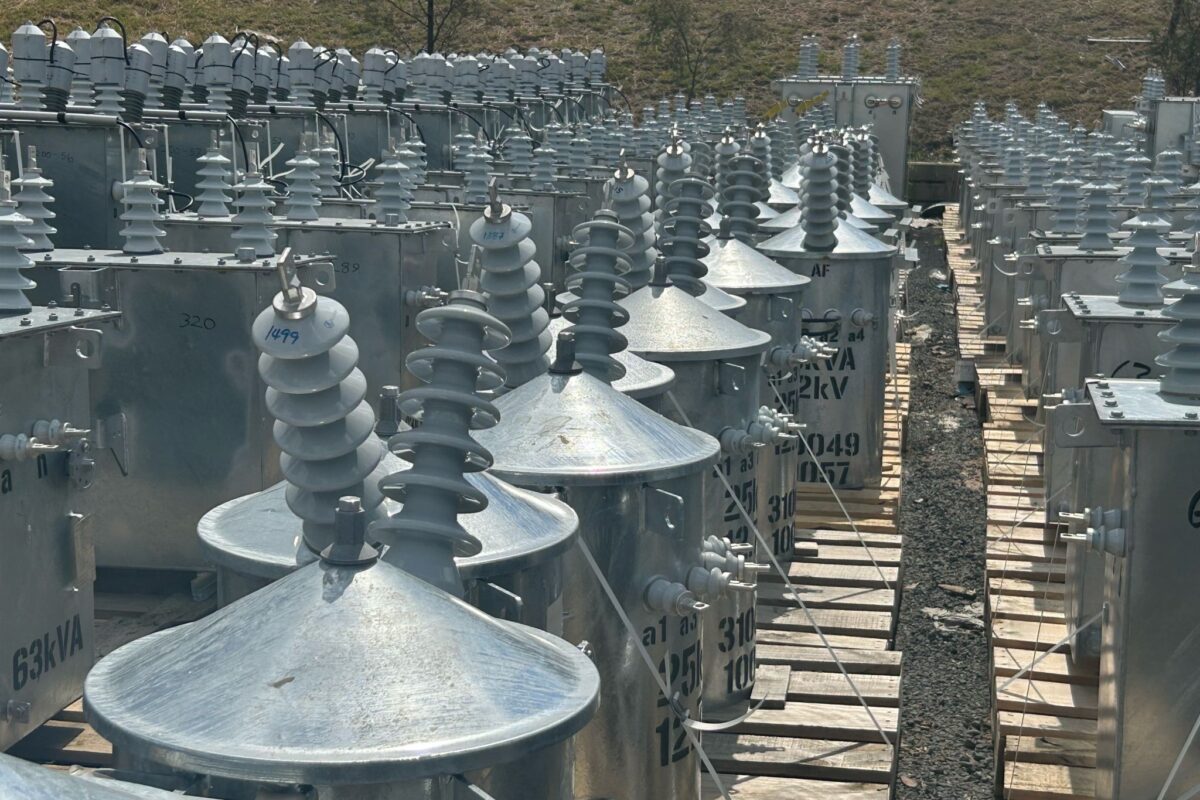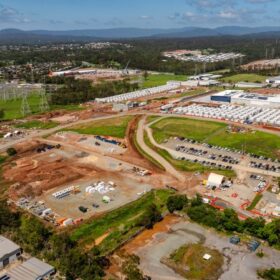Investment in global energy innovation is losing momentum, according to a new report from the International Energy Agency (IEA).
The The State of Energy Innovation report highlights a slowdown in technology advancements due to shifts in financing and policy priorities, the IEA said, despite innovation remaining critical to national energy strategies.
The report noted that innovation activity has steadily increased in recent years, with public and corporate energy research and development (R&D) spending growing at an average annual rate of 6%. However, initial estimates for 2024 indicate that growth may be slowing in some advanced economies.
Annual energy-related venture capital (VC) funding fell more than 20% in 2023 and 2024. The report attributed the decline to inflation and uncertainties over climate policy commitments that many startups rely on to drive demand.
The drop reverses a trend that saw VC funding for energy technologies surge more than sixfold between 2015 and 2022, reaching levels equivalent to total public energy R&D. The report said low interest rates and cost declines for solar and battery technologies fueled the increase.
Between 2021 and 2022, private capital helped fund around 1,800 energy startups. Even if only a fraction scale up successfully, the IEA said, “the impact on energy by the 2030s promises to be very significant.”
IEA Executive Director Fatih Birol said innovation remains the lifeblood of the energy sector, with emerging technologies poised to improve energy security, affordability, and sustainability over the long term.
“But we require investment, both public and private, to scale up innovative solutions,” Birol added. “The payback may not always be quick, but it will be lasting.”
The IEA’s report includes a survey of nearly 300 practitioners from 34 countries, who said energy innovation has gained momentum in recent years due to political commitments and recent energy crises.
However, experts noted that progress has not been equal worldwide, with emerging markets and developing economies yet to fully benefit from technology advancements.
Survey respondents identified solar, batteries, and thermal storage as the fastest-growing areas of innovation. They also said solar, batteries, and electric vehicles have matured to a point where market competition, rather than policy support, will drive future progress.
“This points to a shift in the innovation landscape, with policy needed primarily to ensure that innovation ecosystems deliver the continual improvements driving competitiveness,” said the report.
From pv magazine Global
This content is protected by copyright and may not be reused. If you want to cooperate with us and would like to reuse some of our content, please contact: editors@pv-magazine.com.








By submitting this form you agree to pv magazine using your data for the purposes of publishing your comment.
Your personal data will only be disclosed or otherwise transmitted to third parties for the purposes of spam filtering or if this is necessary for technical maintenance of the website. Any other transfer to third parties will not take place unless this is justified on the basis of applicable data protection regulations or if pv magazine is legally obliged to do so.
You may revoke this consent at any time with effect for the future, in which case your personal data will be deleted immediately. Otherwise, your data will be deleted if pv magazine has processed your request or the purpose of data storage is fulfilled.
Further information on data privacy can be found in our Data Protection Policy.